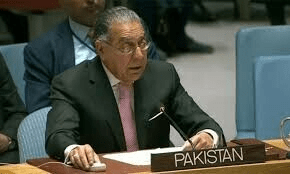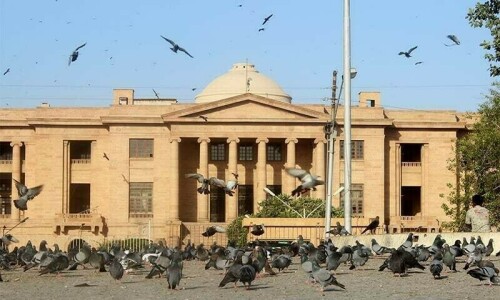EVEN though there were mutual greetings and thanks, the military junta and Mohammed Morsi, Egypt’s first freely elected president, must have been conscious of the difficulties involved in working together. Mr Morsi is the Muslim Brotherhood’s first leader to rule Egypt, and that makes his position unique and his task challenging. While he thanked his people for the sacrifices in the cause of democracy, Mr Morsi also expressed his thanks to “the army and the police” whose brutal handling of the protesters had resulted in hundreds of deaths. While receiving congratulations from Field Marshal Hussain Tantawi, Mr Morsi could not have failed to note the irony in the situation because of the post-election decree that almost nullified all the democratic gains made since Hosni Mubarak’s ouster. The decree issued by the Supreme Command of the Armed Forces makes Mr Morsi an almost ceremonial head of state, for it denies him the title of the supreme commander of the armed forces, reserves budget-making for Scaf and protects the army from civilian oversight. With the Lower House already dissolved by the constitutional court, Mr Morsi will be hamstrung by the absence of a legislature. That gives lawmaking to Scaf. A general election will now take another year, until a constitution is prepared, and here too the generals have made it clear it is they who will make the basic law.
The assembly’s dissolution and the sweeping powers assumed by the generals are clear indications that Mubarak loyalists are well-entrenched in the system. The generals had to hold an election because there was no other way in which the anti-Mubarak insurgents could be satisfied. But Mr Morsi’s victory upset all their calculations. Let us also note that pro-Mubarak feelings still exist among the people, as is evident from the narrow margin of Mr Morsi’s victory, for Ahmad Shafiq, Mr Mubarak’s prime minister, secured over 48 per cent of the votes. The world will keenly watch how the Arab world’s most populous nation works in the coming months to make a success of a democratic experience already sabotaged by the generals.










































